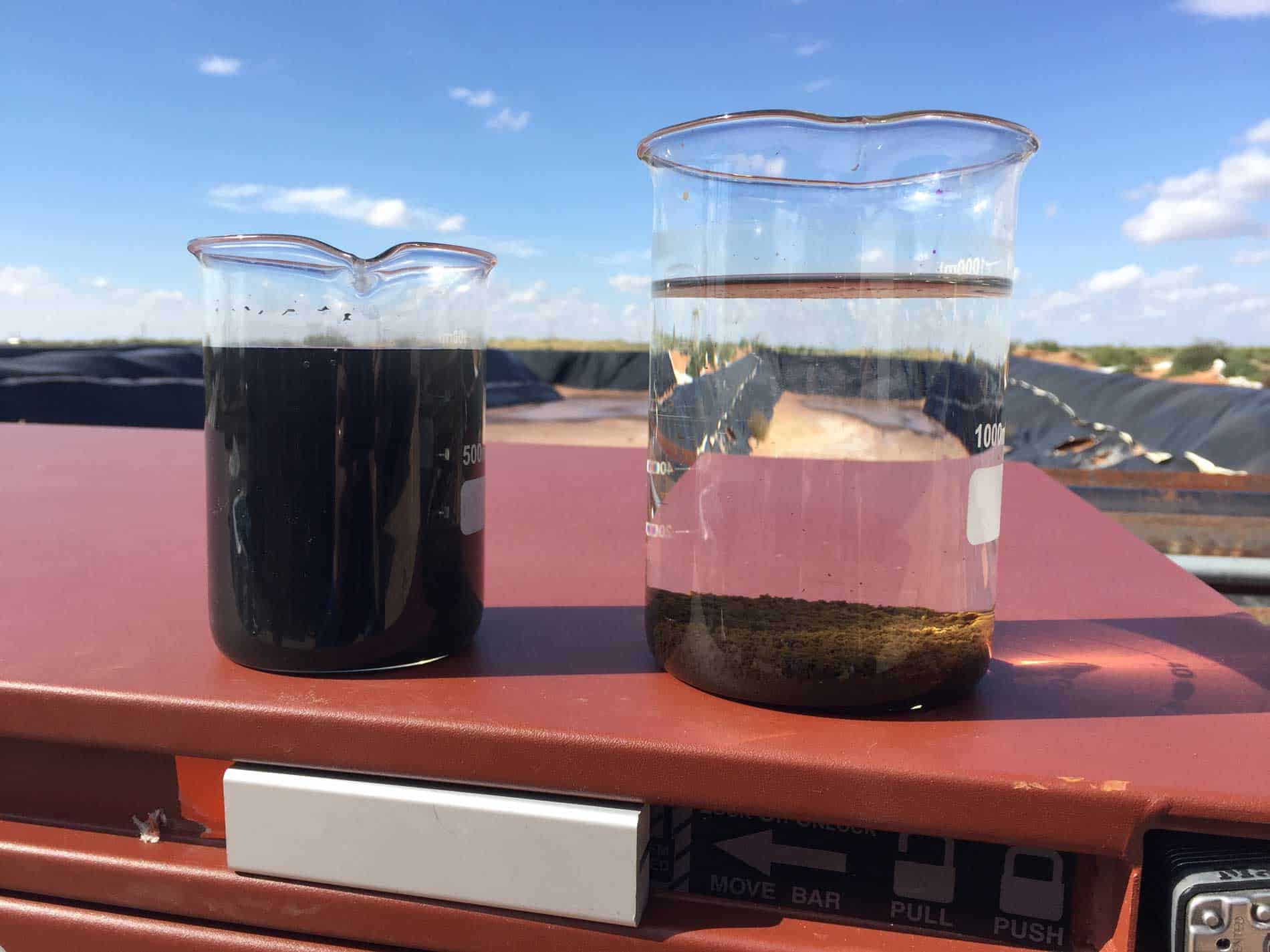NF EN ISO 9963 Alkalinity of Produced Water Test
The NF EN ISO 9963 standard provides a comprehensive method for determining the alkalinity of produced water, which is crucial in oil and gas operations. This test ensures that water quality meets stringent environmental and operational standards, thereby preventing potential damage to equipment and pipelines.
Alkalinity is an important parameter in produced water testing as it indicates the buffering capacity of the water, which can affect the stability of chemical dosing systems used for corrosion control, scale inhibition, and other process requirements. The test involves titrating a sample with standard acid solutions until the pH reaches a specified endpoint.
The NF EN ISO 9963 procedure is designed to ensure consistent results across various laboratories by providing clear guidelines on sample preparation, reagent selection, and titration techniques. This method is widely recognized in the oil and gas industry for its accuracy and reliability.
Understanding the alkalinity of produced water can help operators make informed decisions regarding chemical treatment strategies and waste management practices. By adhering to this standard, companies ensure compliance with regulatory requirements and contribute to sustainable resource management.
- Sample Preparation: Properly collect and filter samples according to NF EN ISO 9963 guidelines.
- Titration Techniques: Employ precise titration methods using standardized acid solutions.
- Data Interpretation: Use accurate pH meters or indicators for endpoint determination.
In summary, the NF EN ISO 9963 Alkalinity of Produced Water Test is a critical tool in ensuring water quality meets stringent requirements. This test supports sustainable operations by reducing environmental impact and improving operational efficiency.
Why It Matters
The importance of the NF EN ISO 9963 Alkalinity of Produced Water Test cannot be overstated, especially in the context of oil and gas production. Produced water management is a key aspect of environmental protection and operational efficiency. By accurately measuring alkalinity, operators can:
- Optimize chemical treatment programs to prevent scaling and corrosion.
- Ensure compliance with local and international regulations regarding wastewater discharge.
- Promote sustainable practices by minimizing resource consumption and waste generation.
The test results provide valuable insights into the water's potential to neutralize acidic compounds, which is essential for maintaining stable pH levels in treatment processes. This stability reduces the risk of equipment failure and extends the operational lifespan of facilities.
In addition, accurate alkalinity testing helps operators design more effective waste management strategies, reducing the environmental footprint associated with produced water disposal. By leveraging this test, companies can contribute to a cleaner environment while enhancing their reputation as responsible stewards of natural resources.
Why Choose This Test
The NF EN ISO 9963 Alkalinity of Produced Water Test is an essential tool for quality assurance and environmental compliance in the oil and gas sector. Here’s why it stands out:
- Standardization: Follows internationally recognized standards, ensuring consistent results.
- Accuracy: Provides precise measurements critical for effective water treatment.
- Sustainability: Supports sustainable practices by minimizing environmental impact.
- Compliance: Ensures adherence to regulatory requirements and industry best practices.
- Efficiency: Enhances operational efficiency through optimized chemical dosing programs.
This test is particularly beneficial for quality managers, compliance officers, R&D engineers, and procurement teams who need reliable data to make informed decisions. By choosing this test, organizations can ensure they are meeting the highest standards of water quality management.
Environmental and Sustainability Contributions
The NF EN ISO 9963 Alkalinity of Produced Water Test plays a pivotal role in promoting environmental sustainability within the oil and gas industry. By accurately measuring alkalinity, this test helps operators:
- Reduce the risk of chemical imbalance that can lead to equipment failure.
- Maintain stable pH levels, which are crucial for effective water treatment processes.
- Minimize waste generation by optimizing chemical usage and reclamation efforts.
- Promote responsible resource management through informed decision-making.
The test results provide valuable data that can be used to develop more sustainable practices. For instance, understanding the alkalinity of produced water allows operators to design more efficient treatment processes, which in turn reduce the overall environmental impact. This aligns with broader sustainability goals and contributes to a cleaner environment.
By embracing this test, companies not only meet regulatory requirements but also contribute positively to their communities by fostering a responsible approach to natural resource management.





